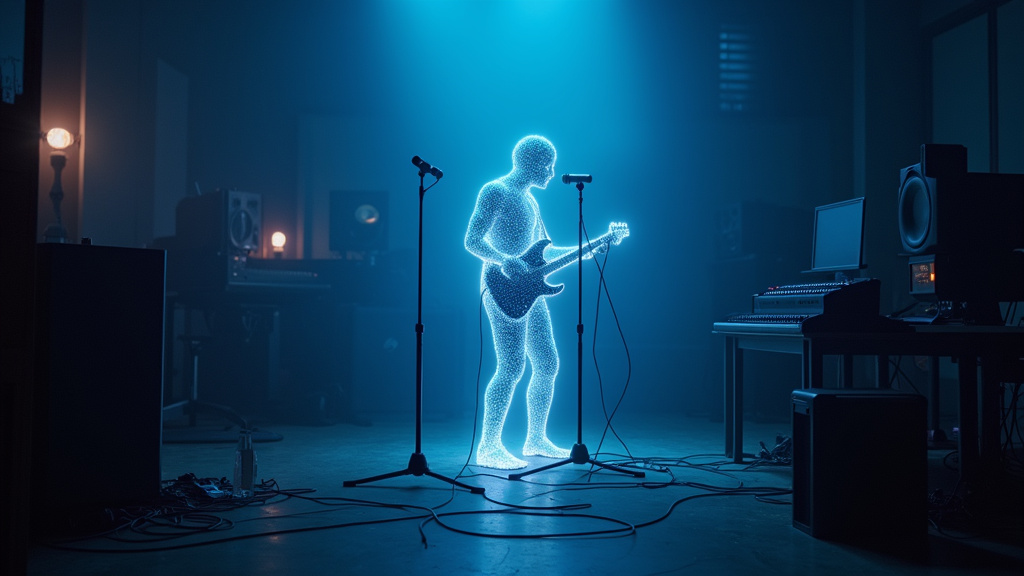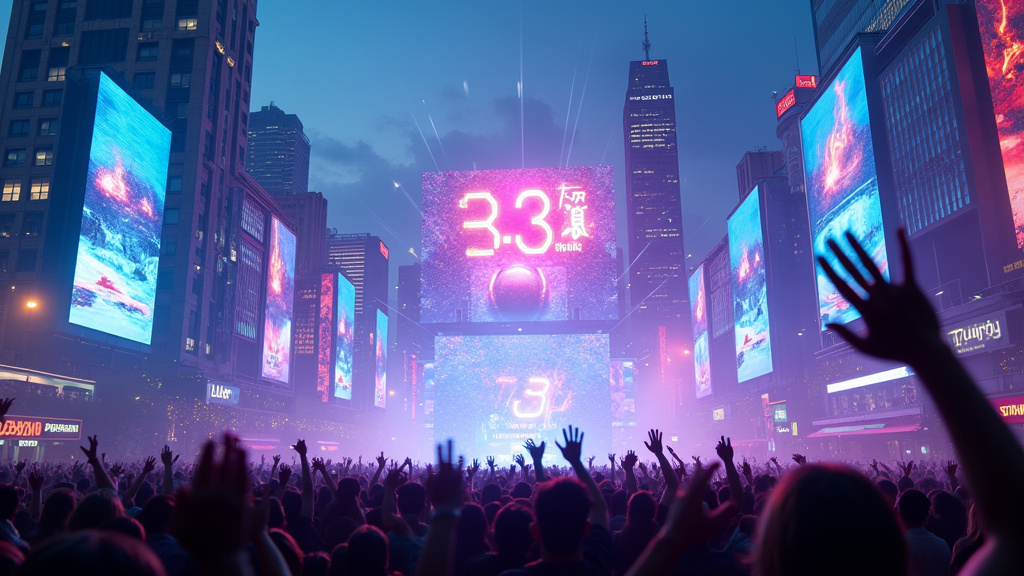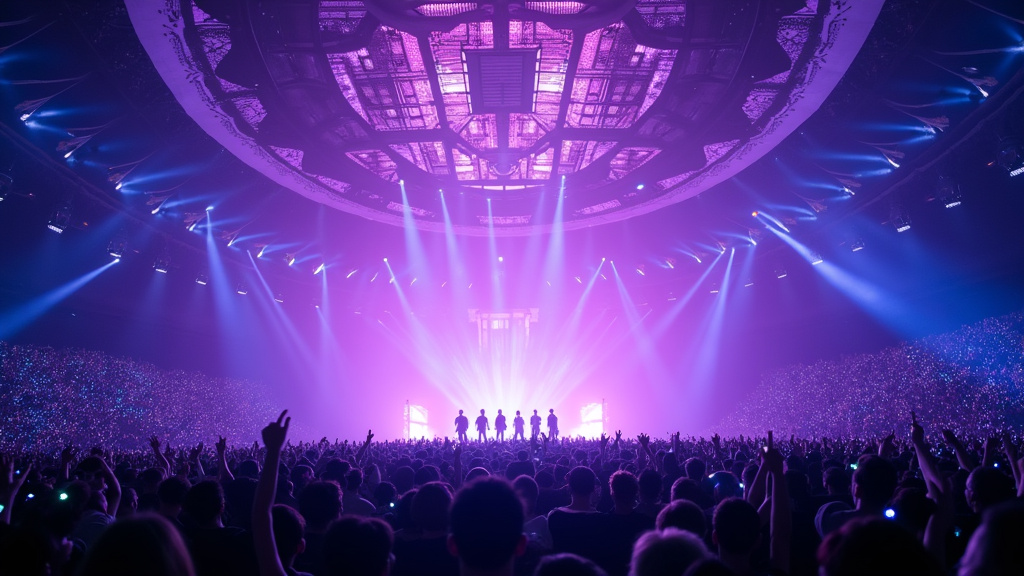This week’s music news roundup highlights a series of pivotal shifts, from groundbreaking AI achievements to the escalating concerns surrounding deepfakes and notable changes at a legendary music television platform. The industry is at a critical juncture, grappling with the implications of artificial intelligence and the evolving definition of musical artistry.
The Rise of AI in Music Creation
Artificial intelligence is no longer a futuristic concept in music; it’s a rapidly advancing reality. AI-generated music is becoming increasingly sophisticated, blurring the lines between human and machine creativity. A significant development this week underscores this trend: posthumous releases from deceased artists are now appearing on streaming platforms, powered by AI that can recreate their voices and styles. This technological leap presents both astonishing possibilities for fans to experience new works from beloved icons and profound ethical questions about legacy and authenticity.
Deepfakes and the Music Landscape
The proliferation of deepfakes extends beyond visual media and is significantly impacting the music industry. The ability of AI to convincingly mimic vocal performances and musical styles raises serious concerns about unauthorized use of artists’ likenesses and intellectual property. As AI tools become more accessible, the risk of malicious deepfakes – creating fabricated songs or performances – grows, posing a threat to artists’ reputations and the integrity of musical works.
MTV’s Strategic Pivot: Embracing Country Music
In a move reflecting the significant growth and market share of country music, MTV’s Video Music Awards are set to expand their award categories to include country music. This decision signals a recognition of the genre’s mainstream appeal and its increasing influence within the broader music ecosystem. The inclusion of country categories is expected to bring new artists and a wider audience into the VMA fold, marking a notable shift in the awards’ historical focus.
Industry Navigates AI’s Complex Implications
The music industry is actively wrestling with the multifaceted implications of AI. Major record labels are reportedly exploring potential deals with AI companies, raising concerns that such partnerships could inadvertently sideline human creators. The economic implications for artists, songwriters, and producers are a primary focus of debate, with many fearing that AI could devalue human contribution.
Furthermore, the debate continues regarding the labeling of AI-generated content on major streaming platforms like Spotify. Establishing clear guidelines and transparency for audiences to distinguish between human-created and AI-assisted or generated music is becoming increasingly crucial. Without proper labeling, consumers could be misled, and artists could face unfair competition.
Expert Advice for Navigating the New Era
In response to these evolving dynamics, experts are offering guidance for listeners and industry professionals alike. A key recommendation is to prioritize direct sourcing of music, which involves supporting artists and labels directly through their official channels. This approach not only ensures that creators receive fair compensation but also helps maintain the integrity of the music supply chain.
Supporting independent artists and labels is also highlighted as a vital strategy. These entities are often at the forefront of innovation and are more vulnerable to the disruptive forces of AI. By championing independent music, fans can contribute to a more diverse and resilient music industry. As the landscape continues to transform, staying informed and making conscious choices about how music is consumed and supported will be paramount for both creators and audiences.
The convergence of AI, deepfakes, and evolving media platforms presents a complex but dynamic future for music. The industry’s ability to adapt, innovate, and protect its artists will determine the shape of music for years to come.





